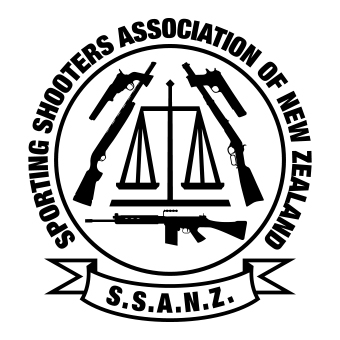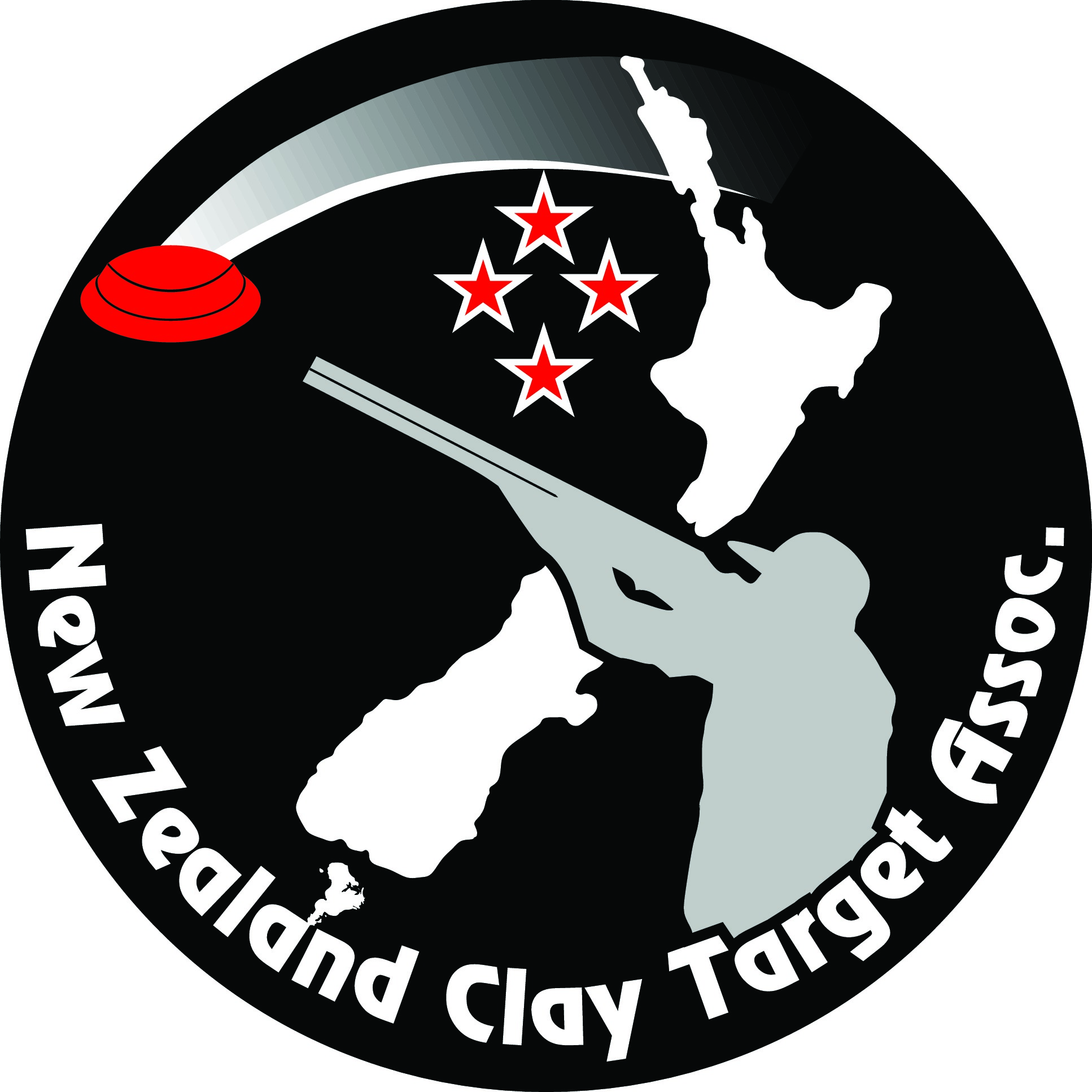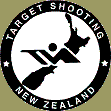COLFO GUIDE TO NEW ZEALAND FIREARMS LAWS
Background
New Zealand firearms laws are a great deal more comprehensive and stringent than many people realise. This pamphlet lists key points of existing gun laws and provides a brief guide for those who wish to develop informed opinions on present and future law.
The Arms Act 1983, its subsequent amendments, and the Arms Regulations 1992, are the basis for the following information.
In recent years the cornerstone of New Zealand arms law has been that firearms should only be available to individuals who have been thoroughly checked by the Police and deemed to be "fit and proper persons".
Under existing law only such "fit and proper persons" may obtain a Police issued photo ID firearms licence which permits them to own and use sporting rifles, shotguns, and ammunition.
All firearms and ammunition must be stored securely when not in use, and comprehensive rules govern their safe use.
Aspects of the Arms Act
THE FIREARMS CODE: describes requirements for safe and responsible firearms use, ownership, and storage. Licence applicants are tested on this information and must achieve over 90% to pass. They must also demonstrate a 100% knowledge of the seven basic rules of firearms safety. Canada and Australia now utilise elements of this New Zealand system.
THE FIREARMS LICENCE: shall only be issued after the applicant has passed tests on knowledge and safe firearms handling, and satisfied Police by meeting the ‘fit and proper person’ criteria. A photo ID licence is valid for 10 years and the Police computer is programmed to alert Police should an entry suggest a licenceholder no longer maintains sufficient standard to possess firearms.
ENDORSED (SPECIAL) LICENCES: are required by dealers, collectors, pistol club members, and owners of "military-style semi-automatics". Less than 3% of all firearms owners have such endorsements and they must comply with much more stringent conditions than sporting firearms licenceholders.
FIREARMS LICENCE APPROVALS: take 6 to 8 weeks from application. During that time Police thoroughly check the applicants background. They interview two referees - including a parent, spouse or partner - who is interviewed separately and confidentially. Police also make a home visit to check the applicants security, living, and social arrangements.
LICENCE RENEWALS: are made only after Police have followed the same background check criteria they apply to new applicants.
CARRIAGE: firearms may not be left unattended unless properly secured in approved storage. Firearms may not be left in an unattended motor vehicle.
STORAGE: when not in use firearms must be locked in a secure rack or cabinet. Police check and approve this storage before issuing a licence. Holders of endorsed licences are required to meet a higher security standard and are checked periodically. Ammunition must be stored securely and separately from firearms.
REGISTRATION: individual Pistols, Military Style Semi Automatics, and Restricted Weapons are required to be registered with the Police. All firearms handled by Licensed Firearms Dealers are required to be recorded in the Dealers’ register which is inspected by Police.
PERMITS TO PROCURE: no one may take possession of a Pistol, Military Style Semi Automatic, or Restricted Weapon without having first obtained a Police issued ‘Permit to Procure’ which specifies that particular firearm.
IMPORTATION OF FIREARMS: may only be made on presentation to Customs of a Police issued "Permit to Import Firearms" specifying those firearms to be imported. Importations must then be reported to the Police.
REVOCATION OF LICENCE: occurs when a licenceholder no longer complies with the ‘fit and proper person’ criteria. Examples include : - having an order made under the Domestic Violence Act 1995; being convicted or charged with offences involving violence, alcohol, or drugs; having an apparent mental disorder; being a person who may be a threat to himself or to others; failing to comply with provisions of the Arms Act, or associating with unsuitable persons who may gain access to the firearms. Revocations can be modified by a Court.
AIRGUNS: including ‘softair’ and ‘BB’ guns, may only be in the possession of a firearms licenceholder, or a person aged 18 years or over.
LOST, STOLEN, or DESTROYED FIREARMS: must be reported to the Police ‘forthwith’
LENDING FIREARMS: licenceholders may lend sporting firearms to other licenceholders and allow non-licenceholders to use sporting firearms under their immediate supervision.
Statistics
Around 225,000 New Zealanders have firearms licences and a recent Government inquiry estimates that New Zealand civilians hold between 700,000 and 1,000,000 firearms.
Nearly half a million responsible New Zealanders used firearms in the year to Dec 1996. They safely fired around 15 million cartridges.
Each year around 5,500 New Zealanders apply to the Police for firearms licences. Almost all applicants list hunting or pest destruction as the reason for their application.
Offences
The following summarises offences under the Arms Act 1983 and the Arms Amendment Act 1992.
- dealing in firearms unless a licensed Dealer
- selling firearms for a Dealer unless a firearms licenceholder
- as a Dealer failing to keep a prescribed transaction register
- importing firearms without a Permit to Import
- being in possession of a firearm unless licensed
- being in possession of an airgun while under the age of 18 years (unless licensed)
- failing to produce firearms licence when required by Police
- failing to surrender firearms and airguns if licence revoked
- failing to advise Police of a change of address
- carrying a Pistol or Restricted Weapon beyond the dwellinghouse without specific written authority from Police
- failing to give 4 days notice of an intention to remove a Pistol, MSSA or Restricted Weapon from N.Z.
- failing to report the destruction, theft, or loss, of a firearm
- not supplying name, address, and DOB on demand by Police
- not surrendering any airgun or antique firearm when required by Police
- altering a firearms licence
- using another persons firearms licence
- lending a firearms licence for another to use
- supplying a firearm or ammunition to an unlicensed person
- supplying a firearm or ammunition by mail order unless having specific written approval from Police
- supplying an airgun to a person under 18 years of age (unless that person licensed)
- supplying a Pistol, Restricted Weapon, or MSSA to a person who does not hold a ‘permit to procure’ that firearm
- being in possession of a firearm or imitation firearm except for a lawful, proper and sufficient purpose
- being in charge of a firearm or airgun while under the influence of drink or drug
- discharging a firearm in or near a dwellinghouse or public place so as to annoy, endanger, or frighten any person.
- discharging or carrying a [bolt, flare, spear, net, tranquilizer gun etc.] except for a lawful and proper purpose
- being in possession of firearm, antique firearm, or airgun after revocation of licence
- unlawful possession of a Pistol, Restricted Weapon, or Military Style Semi Automatic firearm
- unlawful carriage or possession of a firearm, airgun, or ammunition in a public place
- presenting a firearm, airgun or an object resembling a firearm at another person unless for a lawful purpose
- careless use of a firearm or airgun
- use or attempted use of a firearm, airgun, imitation firearm or ammunition to resist arrest or commit an offence
- carrying a firearm, airgun, imitation firearm, or ammunition with criminal intent
- obstructing a member of Police
- failing to report injuries caused by firearms
- possession of an unsafe firearm (after notice given)
Police powers
Police may search premises and persons without warrant if they reasonably believe an indictable offence or an offence against the Arms Act has been committed, or that a person in possession of a firearm may present a danger to himself or to any other person.
Occupiers of premises and drivers of vehicles are deemed to be in possession of any firearms found therein.
It is a standard condition of every order issued under the DOMESTIC VIOLENCE ACT 1995 that the respondent may not hold a firearms licence unless a Court directs otherwise or modifies that condition.
About COLFO
The New Zealand Council of Licensed Firearms Owners (COLFO) was formed in 1996 to represent responsible firearms owners. COLFO’s members - including leading firearms user associations, clubs, and individuals - are ardent supporters of strong gun laws targeting the criminal and irresponsible misuse of firearms.
COLFO argues for mandatory prison sentences for:
- Theft of a firearm.
- Supply of a firearm to an unlicensed person.
- Use of a firearm to commit a serious offence.











